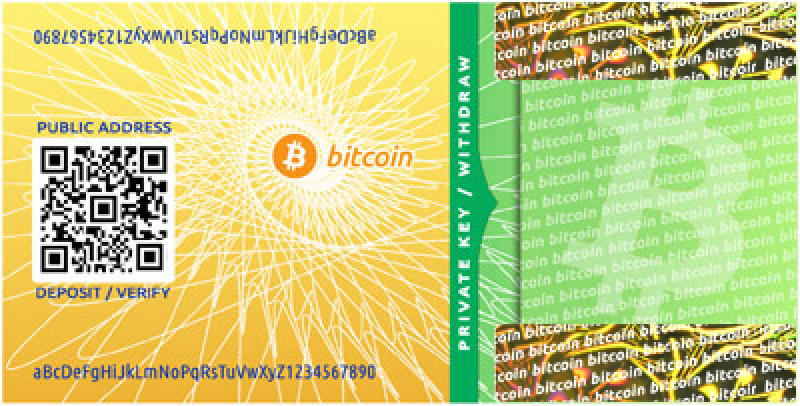Bitcoin is a digital currency that is not controlled by any government or central bank. It is not tied to physical assets, and funds are kept in “bitcoin wallets,” which are unique strings of letters and numbers acting as individual bank accounts for users.
Flexcoin said it was robbed of 896 bitcoins, worth US$600,000, reports CBC. The bitcoin bank says it knows the wallet the money was transferred to and is cooperating with authorities to discover the identity of the thief or thieves.
The Mt. Gox bitcoin exchange went offline on Feb. 25, reports Wired magazine, after almost $500 million in bitcoins were siphoned from the Tokyo-based exchange.
On Friday, Mark Karpeles, the CEO and majority stakeholder of Mt. Gox, announced that the company is filing for bankruptcy.
“We had weaknesses in our system, and our bitcoins vanished. We’ve caused trouble and inconvenience to many people, and I feel deeply sorry for what has happened,” he said in a press conference, reports Wired.
This was the second time the Mt. Gox exchange was attacked. The first theft was in June 2011, when US$8.75 million worth of bitcoins was stolen.
According to Wired, some insiders from Mt. Gox have faulted Karpeles’s lack of oversight for the heist, saying he was “more of a computer coder than a chief executive and yet was sometimes distracted even from his technical duties when they were most needed.”
The blog added that the “bitcoin has been driven largely by computer geeks with little experience in the financial world.”
However, this second shutdown raises broader security concerns over the crypto currency’s overall viability and reliability.
According to CBC, Vietnam announced on Thursday that trading in bitcoin and other electronic currencies is illegal. China and Russia have already banned the crypto-currency.






